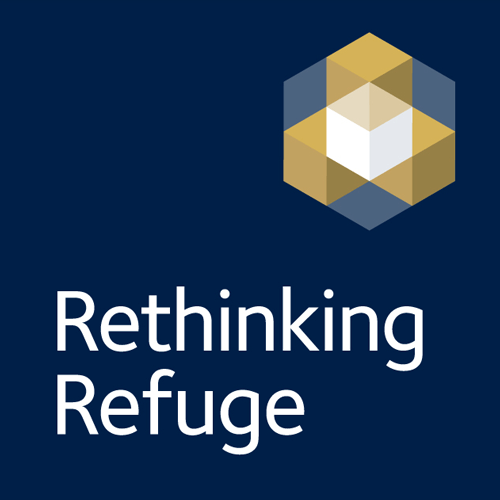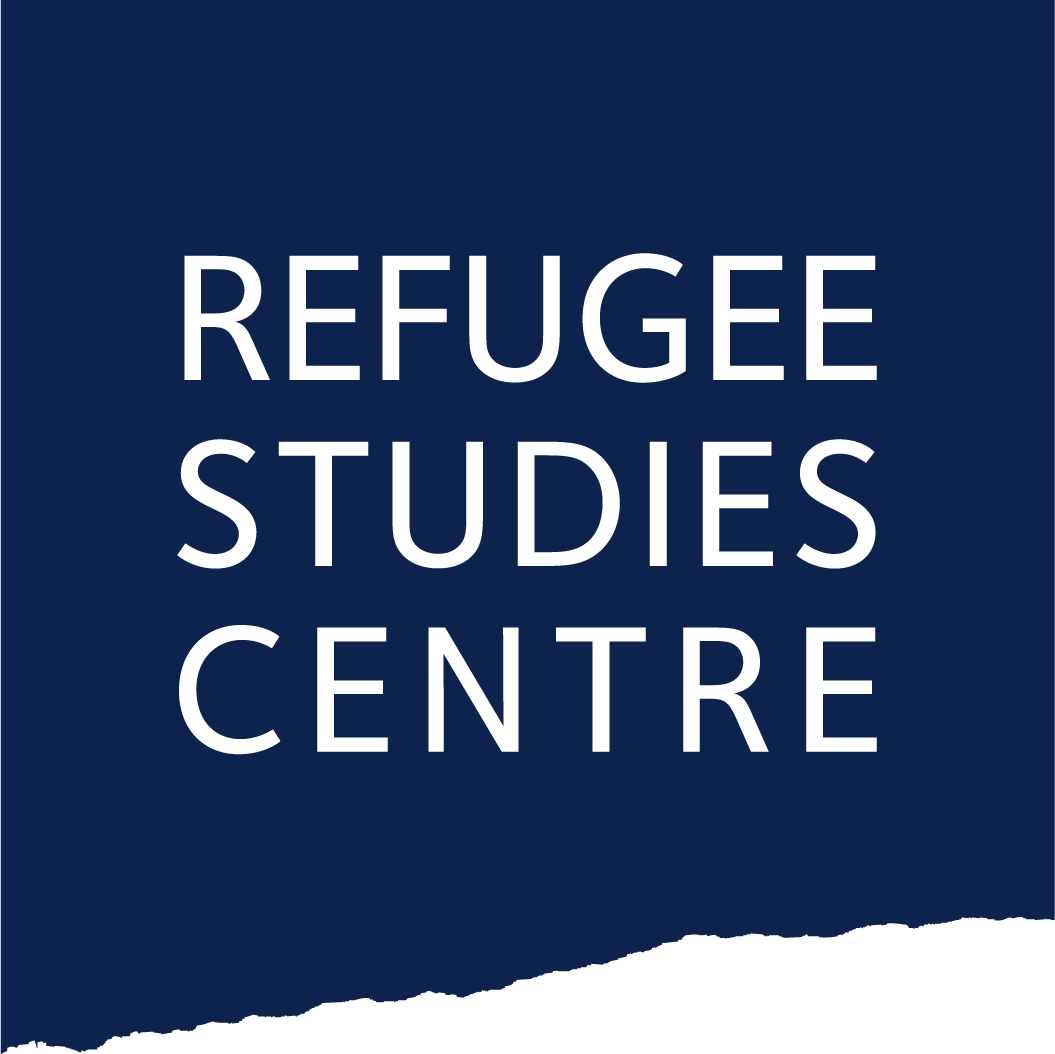
Activism and the Agency: The Palestinian refugees’ UNRWA campaigns
Note: A longer version of this article is available in the Journal of Refugee Studies under the title 'Educating Palestinian Refugees: The Origins of UNRWA's Unique Schooling System'.
As policymakers and practitioners rethink approaches to forced migration, there is an increasing focus on democratizing displacement policy. The history of the UN Relief and Works Agency for Palestine Refugees (UNRWA) provides one of the most instructive case studies here, demonstrating how refugees can and have impacted an international migration regime. It also shows the importance of incorporating refugee agency into such regimes – and the perils of disregarding refugees’ voices as actors in their own stories.
Distinctive in many ways, UNRWA is the only UN agency mandated to serve one particular group of people. Since beginning operations, it has held primary responsibility for serving registered Palestinian refugees in Syria, Lebanon, Jordan, the West Bank and Gaza. As a result of this unique setup, UNRWA has evolved over the years into a sort of a quasi-government for the stateless Palestinians, providing large-scale health and education programmes, as well as municipal services.
Notwithstanding UNRWA’s long-term implantation in the Palestinian refugee situation, it runs its operations in a conventionally top-down manner. Yet my research has found that although the Palestinian refugees are formally excluded from the top levels of UNRWA decision-making, they have consistently and overwhelmingly rejected the role of passive recipients assigned to them. Documents I studied in the archives of UNRWA, the UN and the Institute for Palestine Studies (IPS) show that instead, the Palestinian refugees have continually demonstrated their agency by resisting the structural confines of their situation – and most importantly, they have done so with surprising degrees of success.

UNRWA Healthcare Centre, Shatila Refugee Camp, Lebanon, 2014. Credit: Anne Irfan
Structural exclusion
The voices of the Palestinian refugees have never been formally factored into UNRWA’s setup. UNRWA was designed primarily by the US and the UK at the time of its 1949 creation by the UN General Assembly. Since then, both these powers have maintained their leverage over the Agency in their roles as its biggest funders. Indeed, until the Trump administration defunded UNRWA in 2018, the US spent many decades as its largest single donor. Besides the major Western donors, the only other actors formally involved in decision-making about UNRWA have been the host states, whose invitation and facilitation enables the Agency to operate. UNRWA has therefore persistently taken a paternalistic approach to the refugees it serves; the US journalist Milton Viorst noted in the 1980s[1] that formal deliberations about UNRWA’s budget and mandate rarely, if ever, took account of the refugees’ voices and preferences. To this day, Palestinian refugees often remain excluded from UNRWA’s top-level decision-making.
Refugee activism
Historically, Palestinian refugees have mainly interacted with UNRWA in two capacities: as service recipients, and as employees (more than 90% of the Agency’s staff are themselves Palestinian refugees). Their leverage over UNRWA has therefore been limited – and yet they have been extremely effective in deploying it. The last seven decades have seen Palestinian refugee communities continually organise demonstrations, sit-ins, strikes and boycotts in order to protest objectionable aspects of UNRWA’s work, or demand changes in its service provision. In recent years, refugee protests have become a particularly regular feature of camp life, in reaction to swingeing cuts in UNRWA services. During fieldwork in Palestinian refugee camps in Lebanon in 2015-17, I frequently heard grievances about UNRWA’s insufficient service provision, and complaints that it is failing in its basic duty.
Policy impact
Palestinian refugee activism against UNRWA has a long history, having begun almost immediately after the Agency started work in 1950. The following year, UNRWA Director John Blandford reported that refugees were engaging in:
demonstrations over the [UNRWA] census operation, strikes against the [UNRWA] medical and welfare services, strikes for cash payment instead of relief, strikes against making any improvements, such as school buildings, in camps in case this might mean permanent resettlement
As Blandford’s remark indicates, this agitation was generally rooted in the refugees’ fear that UNRWA was seeking to undermine their right of return by permanently settling them outside Palestine. Accordingly, early refugee activism tended to target UNRWA’s flagship jobs scheme - the ‘Works’ that went alongside ‘Relief’ in its title. Many refugees suspected that the programme’s real purpose was to facilitate their permanent resettlement in the Arab host countries (as I discovered in my archival research, declassified documents later revealed that these suspicions were correct).[2]
Palestinian refugees began protesting the Works programme almost immediately. Huge numbers boycotted it; of the 878,000 Palestinians registered with the Agency in the early 1950s, the largest number ever employed under its Works programme was 12,000, and in less than a year this had reportedly dwindled to 812. By 1957, the Agency was compelled to dispense with its Works scheme altogether – although UNRWA management would only acknowledge decades later that the refugees’ activism had been the major reason for this.[3] Instead of employment, UNRWA subsequently focused on expanding its education programme – which the refugees favoured as strongly as they had opposed the Works scheme. As this shows, the refugees’ activism therefore succeeded not only in dismantling the programmes that they didn’t want, but also in kindling the ones that they did.
Lessons
UNRWA, the oldest international refugee organisation in the world, abandoned its first flagship programme – in many ways its initial raison d’etre – because of activism from the refugees it served. It was ultimately unable to function on a day-to-day basis without the cooperation of the refugees themselves, and they were highly effective at taking advantage of this. As a case study, this demonstrates not only the potential power of refugee agency, but also the fact that it is nothing new. While refugee agency has become a concern for policymakers and academics relatively recently, it has been a feature of developments on the ground for far longer.
The history of the UNRWA regime is therefore invaluable to contemporary discussions about including refugees as actors in the systems that oversee them. UNRWA is particularly appropriate for this purpose in view of the fact that its de facto democratization came about due to the actions of the Palestinian refugees themselves, rather than any top-down reforms. The historical development of the UNRWA regime thus demonstrates how the democratization of displacement can work in practice. Perhaps most importantly, it also demonstrates the imprudence of ever assuming that international regimes for refugees can function effectively without the latter’s input.
[1] Milton Viorst, Reaching for the Olive Branch: UNRWA and Peace in the Middle East (Washington DC, 1984).
[2] See: S. A. Morrison, Circular Letter to Members of the Beirut Conference and others interested in the work for the Arab Refugees, 21 December 1951, GB165-0161, File 2, Box 73; Special Report of the UNRWA Director and Advisory Commission, A/2717/ADD.1, 5 November 1954, GB165-0161, File 3, Box 73; both in Middle East Centre Archive, Oxford University, UK. See also: Letter from UK Foreign Office to Ministry of Education, USE 1748/2, 27 August 1952, ED 157/366; Extract from a report submitted to the Director General by Dr Matta Akrawi, UNESCO Rep, 12 May 1952, ED 157/366, both in The National Archive, London, UK.
[3] Interview with Giorgio Giacomelli, Refugees, September 1987, File DC/OR/UNR/PR5, Box UNR 1; ‘UNRWA 1950-90: Serving Palestine Refugees’, April 1990, Box GP59.3 UNRWA, Refugee Studies Centre Archive, Oxford University, UK.












